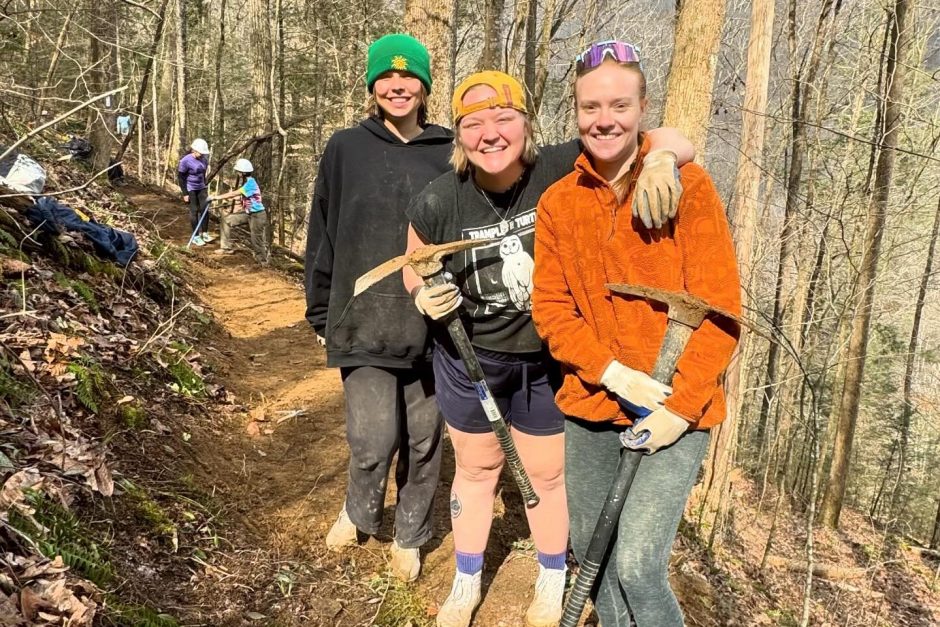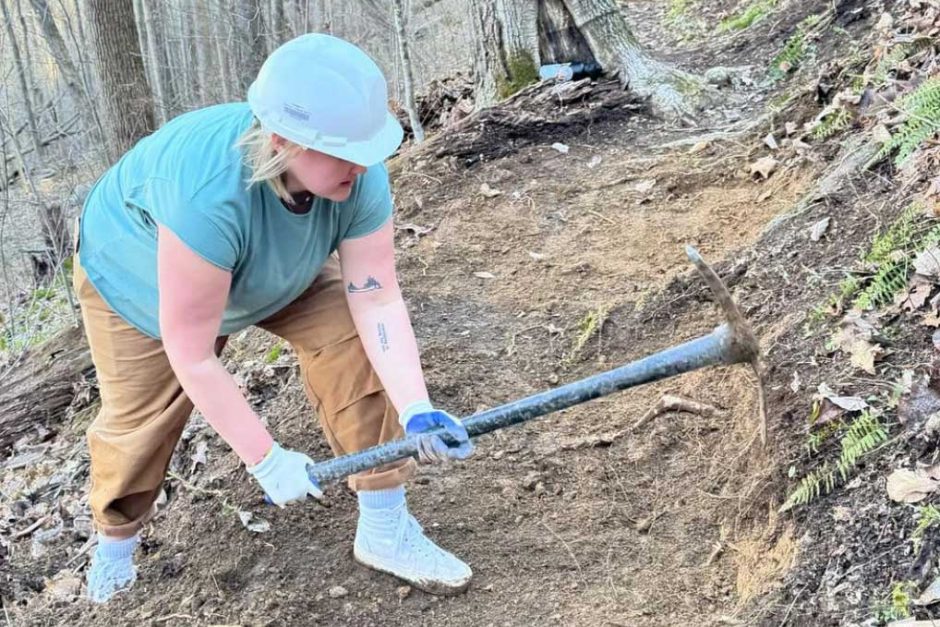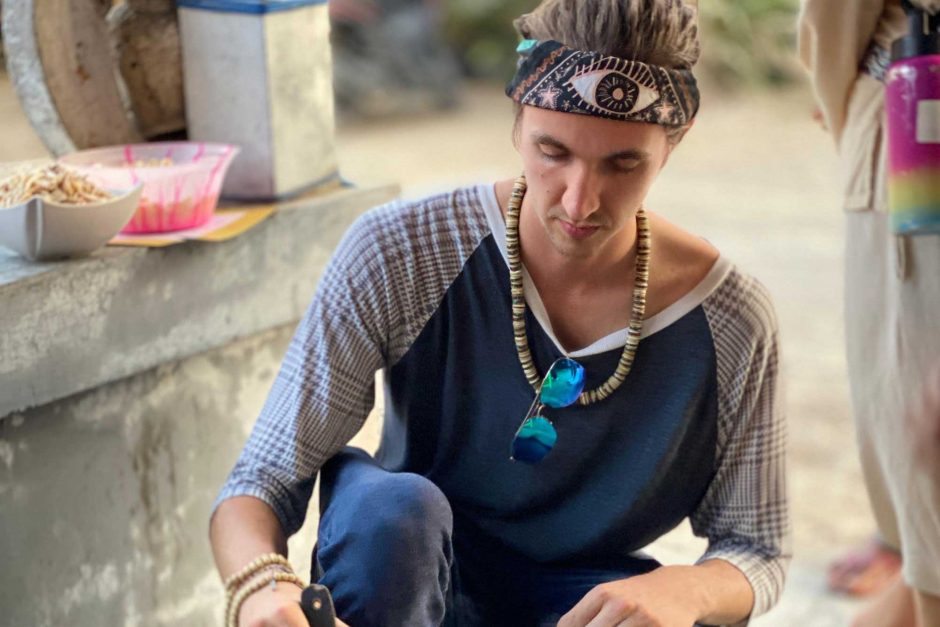White Privilege Conference: The birthplace of possibility
Heather ‘Byrd’ Roberts ’09 interviewed former director of Intercultural Life (ICL) and founder of the international White Privilege Conference at Cornell College, Eddie Moore Jr. ’89, and two former ICL work-study students who assisted him in its launch, Laura Gonzalez Muma ’03, and Jose A. Suarez ’03. Their conversation is condensed and edited for clarity.
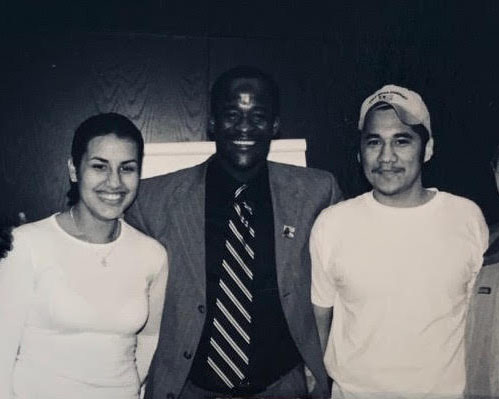
HEATHER: What is white privilege and the White Privilege Conference (WPC)?
EDDIE: White privilege, simply put, is a benefit, a reward you get simply because you’re white. America was started by white people, for white people, laws were organized around it, advantages and opportunities were given for hundreds of years in that direction.
The White Privilege Conference is working at the highest level of diversity and inclusion. When you think about Spanish 101, if you’re going to be fluent, you got to get to 401. It takes a certain amount of training, prerequisites, and experience before you get into the topic of white privilege. The White Privilege Conference is for people who want to do the work.
HEATHER: What were the conversations like when you told your peers you were putting on a white privilege conference?
LAURA: I threw myself into the work and it just consumed me. My experience with people was different in that they saw me more as an agent of the Office of Intercultural Life. Some people were engaged; but then there were the people who, no matter how much you attempted to make it relevant in their lives, showed not even the most basic interest. I struggled with that because it’s something we cared about so much.
JOSE: We have to remember there was a divide on campus, a tangible feeling of racial tension and it ignited conversations that people weren’t ready to have, but they were needed. When I talked about the White Privilege Conference, the initial reaction was, “What is that? Why do we need that?” The simple fact that they were asking those questions meant that they were living a life of privilege. A lot of what I was trying to do was bring awareness to it, and bring allies to a cause.
See a list of resources from The Privilege Institute
HEATHER: Have we moved the needle at all since the establishment of WPC?
LAURA: The needle has been moved, because you do hear these conversations more, and more headlines address the issues. But on a micro level we’re still having the exact same conflicts; and a lot of people just don’t understand or, again, immediately are offended by, the fact that we’re even raising these ideas or issues as something that needs to be discussed.
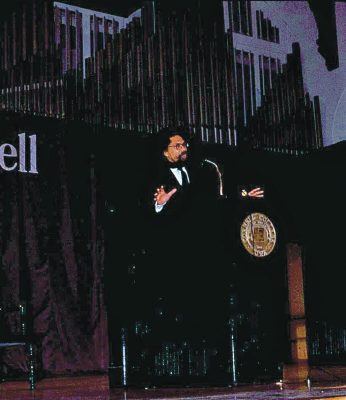
HEATHER: The conference is now into its 22nd year. How has it grown since its inception?
EDDIE: Our first year we had maybe 150 people. Now we average almost 2,000. And when you say white privilege today, I think it’s more readily received than it was in 1999. We can really discuss white supremacy ideology and learn about it. I don’t think any of us imagined that the January 6th insurrection is something we’d be dealing with in 2021. But I do think that when something like that happens now, people know there’s a place they can go and talk about that.
HEATHER: What does the future of WPC look like?
EDDIE: : I’m looking at not just being a conference of workshops and keynote speakers, but people actually sharing research at the conference. I’d love to use that platform as a way to look at what’s going on in our society and growing future consultants and scholars. I’d like to have the conference be a training ground for people to contribute back to society over these next 25 years, and being one of the places and spaces that impacts the nation, if not the world.
HEATHER: What lessons did you take from creating the White Privilege Conference?
JOSE: The lesson I learned is, instead of hiding who you are, fully embrace who you are and use that as a strength. Now in this era of diversity, equity, and inclusion, we’re starting to understand that being different is a good thing. It should be celebrated and nurtured.
LAURA: Jose and I grew up absolutely immersed in our culture. Seeing people who looked like us was the norm. Then came the Twilight Zone: small town in Iowa where you absolutely stick out like a sore thumb. We were processing the friction that comes with being so different. However, having the opportunity to do it there, I believe, really allowed me to be successful later in life. I see a lot of professionals entering the workforce and dealing for the first time with these same thoughts and emotions and conflicts. It allowed me to develop personally and deal with self-identity issues, but then to also understand and truly accept that some people are just never gonna get it. You can try to explain things to people a million times over, and some are just blissfully ignorant and privileged enough to be able to turn around and walk away. Maybe those are not the people you need to place your energy into. And I think that idea can be applied to a lot of things in life.
EDDIE: I would say to all young professionals—never let somebody put out your fire. I remember being called into someone’s office, and they said to me, “if you have this conference here, nobody’s going to come.” Here we are 20-something years later. I really want to reiterate the importance of going with your gut, going with your dream. Don’t let somebody put that dream out.
Watch the Zoom video of the full interview:

